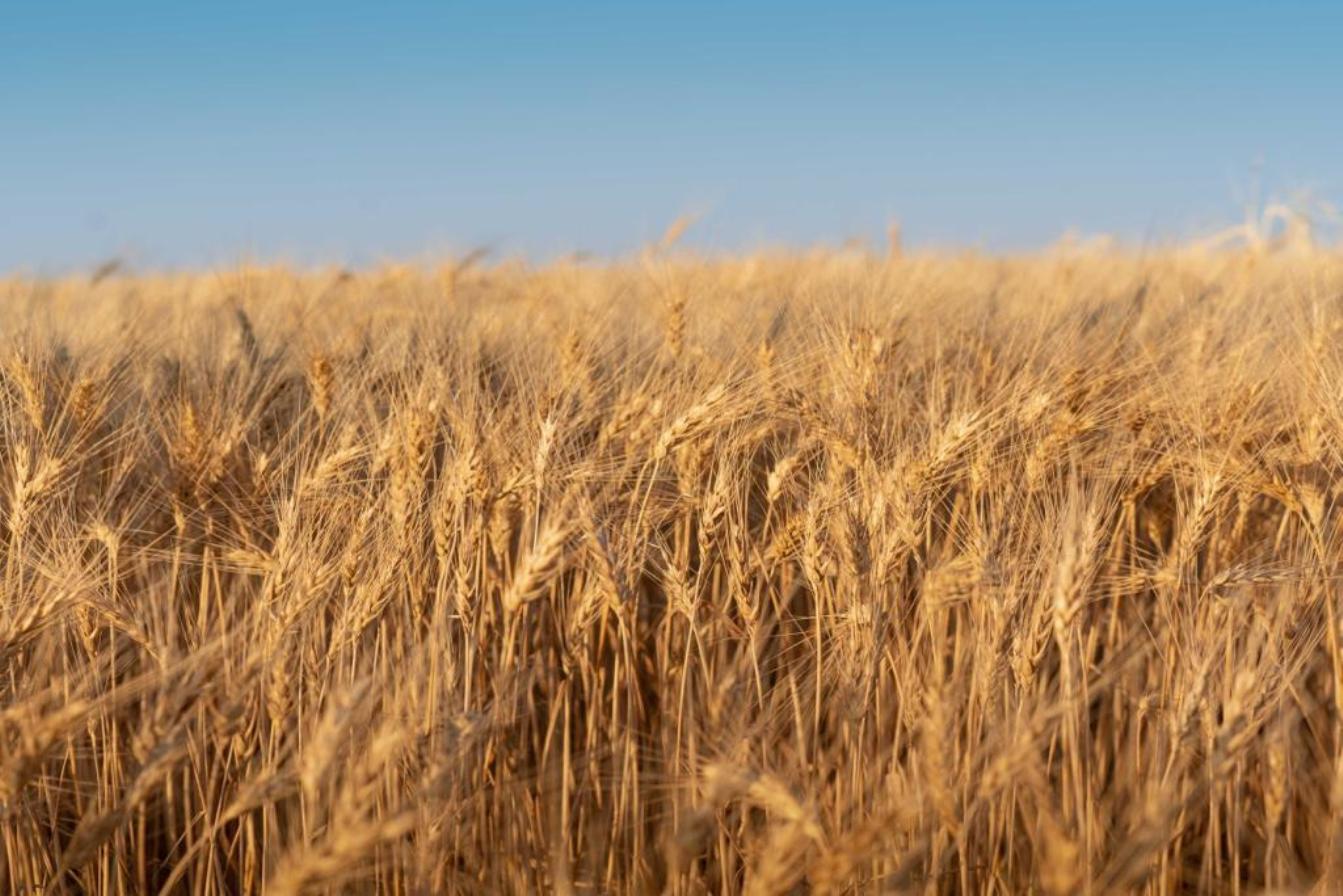SHARJAH, UAE – Sabaa Sanabel wheat flour, made from the wheat produced here, has become the first national product to obtain the Made in the UAE mark.
Sabaa Sanabel wheat flour has met the highest quality and safety standards in force in the UAE, boosting its competitiveness in the market and earning the trust and confidence of consumers in the country.
Dr. Khalifa Musabeh Ahmed Alteneiji, Chairman of Department of Agriculture and Livestock in Sharjah, said, “The production of Sabaa Sanabel wheat flour by the Sharjah Agricultural and Livestock Production Corporation marks a landmark achievement for the Emirate and the UAE.”
He said, “The wheat indigenously produced in Sharjah is considered one of the best types as it contains a high percentage of protein, is free of any chemicals and genetic modification.”
Dr. Alteneiji stressed that the Sharjah wheat production is in line with the vision and directives of Dr. Sheikh Sultan bin Muhammad Al Qasimi, Supreme Council Member and Ruler of Sharjah, establishing safe and sustainable agricultural and animal projects that are aimed at protecting the natural environment,.
He said that the aim is also to preserve human health, produce clean and healthy food free of chemicals and enhance the competitiveness of indigenous production.
Wheat production in Sharjah is in necessary quantities to cover the needs of the cities and regions of Sharjah.
He pointed out that Sabaa Sanabel has obtained five accredited certificates in quality and safety as it does not contain anything that changes its nutritional value, quality or nature.
The production is part of the objectives and goals and sustainability strategy of the Department of Agriculture and Livestock that it adopts to produce clean, safe and healthy food.
The quality marks and certificates won by the indigenous wheat product will help earn consumer confidence as they meet highest quality and safety standards and applicable national and international specifications in addition to supporting the competitiveness of national products, he stated.
Dr. Alteneiji said, “The producing agencies are committed to apply the approved international quality standards effectively in all their products.”
He also lauded the pivotal role played by the UAE Ministry of Industry and Advanced Technology in supporting the department and its projects, and its keenness to provide an environment that helps in the success and competitiveness of all national institutions and entities.








